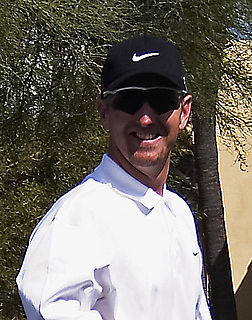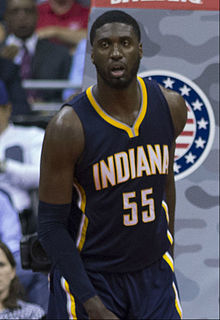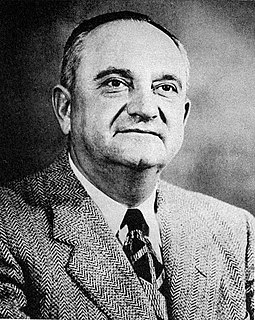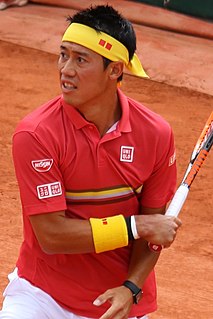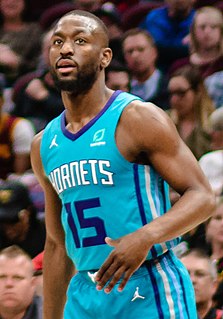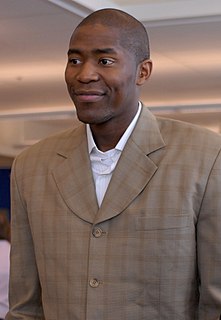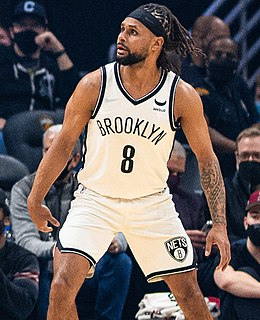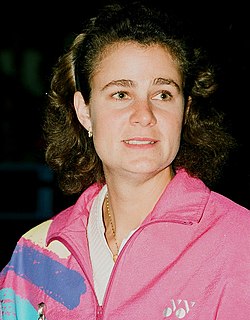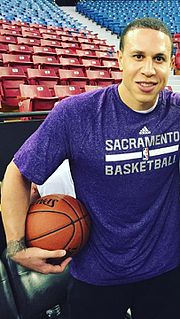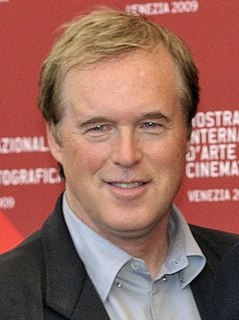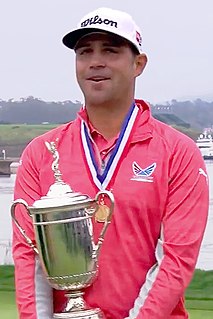A Quote by Lisa Kleypas
If you have to tell someone they call the shots, they're not really calling the shots.
Related Quotes
I believe that good defense embodies seven cardinal principle: reduce the number of your opponent's shots; force your opponent into low percentage shots; control everything within 18 feet; eliminate second shots; no easy baskets; point the ball on all long shots; and prevent the ball from going into the pivot man.



